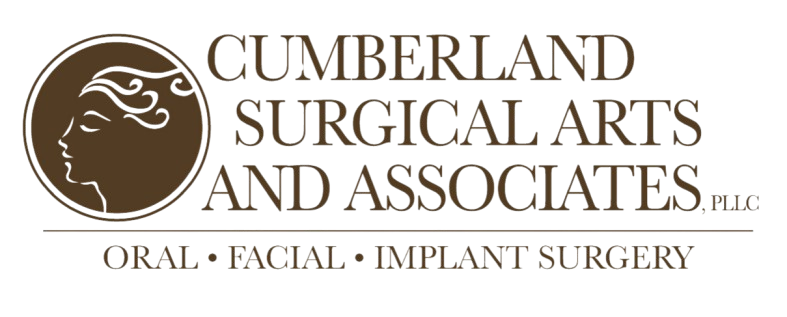Before your implants get placed, your dental surgeon needs to scan your mouth and jaw to make sure conditions are ideal for a successful surgery. Part of what your surgeon will be looking for is how much bone you have available at the implant site.
If your dental surgeon finds that you don’t have enough bone for a successful implant, you may need a bone graft. Often, bone grafts are required for dental implants when the bone beneath a missing tooth has shrunk and weakened. A bone graft creates a scaffold for the regeneration of bone. With a bone graft, a patient who wouldn’t be eligible for a dental implant can now benefit from one.
While bone grafts provide an opportunity to go forward with dental implant surgery, some patients worry about their safety. They fear that they might catch a disease from the donor bone or suffer an infection from bacteria. The idea of getting a bone graft may be less scary if you know the source of the donor material.
Where Do Bone Grafts Come From?
Grafts can be taken from the patient’s jaw, shin, or hip. With a graft from your own bone, there is no risk of an immune reaction that would threaten the graft. This kind of graft does require an additional surgery. Harvesting bone from the hip requires a 1 or 2 day hospital stay for surgery and recovery. You may also need to spend some time on crutches. As an alternative, grafts can be taken from the jaw during an office visit.
More often, bone grafts come from donor bone. Using donor bone frees you from the extra discomfort and inconvenience of an additional surgery. You can also be sure that your surgeon will have enough bone for a successful graft.
Your surgeon can obtain donor bone from a not-for-profit tissue bank. DCI Donor Services in Nashville is a local example of a tissue bank that provides bone from organ donors. Medical suppliers, like Zimmer and BioHorizons, also process and package donor bone for use in dental implants.
The use of grafts from donor bone raises the most safety concerns for patients. They worry about the chance of infection or being exposed to communicable diseases.
Reasons to Trust Donor Bone Grafts
Donor bone grafts have an excellent safety record that has been documented in clinical trials. As with any donor transplant, there is a chance of failure, but the success rate is good. A study of 64 bone grafts showed an 87.5% success rate. Bone grafts don’t fail because of rejection as in organ transplants. Instead, the graft may become exposed or a large portion of the graft may be lost. Smoking and diabetes have been known to contribute to bone graft failure. If the original graft fails, a new one can be placed at another time.
One of the reasons for the high success rate is there is a very low risk of infection. Bone banks are regulated by the American Association of Tissue Banks and the US Food and Drug Administration so that processing is conducting under strict guidelines. Donor bone is tested and sterilized before use. The samples are radiated to remove organic contaminants. According to the Center for Disease Control, there have been no reported cases of disease transmission in 30 years of using freeze-dried bone grafts.
Some of the steps that donor banks take to ensure the safety of bone grafts are:
- Screening donors before the bone is accepted for processing.
- Testing donor bone for infectious diseases, such as HIV, Hepatitis, and Syphilis.
- Treating the donor bone to remove all blood products.
- Packaging samples in single-patient doses that are tested for sterility.
Many measures are taken to guarantee the purity and safety of donor bone so your bone graft will have a successful outcome. When you receive a bone graft at Cumberland Surgical Arts, you can feel confident that we have put your health and safety first.
Explore your options for bone grafts by reaching out to Cumberland Surgical Arts.
Locations
2285 Rudolphtown Rd Suite 200, Clarksville, TN 37043
Phone: (931) 552-3292
Email: cumberlandsurgicalarts@gmail.com
- MON - FRI8:00 am - 4:30 pm
- SAT - SUNClosed
- MON - TUE8:00 am - 4:30 pm
- WEDClosed
- THU8:00 am - 4:30 pm
- FRI - SUNClosed
- MON - TUEClosed
- WED8:00 am - 2:00 pm
- THU - SUNClosed









